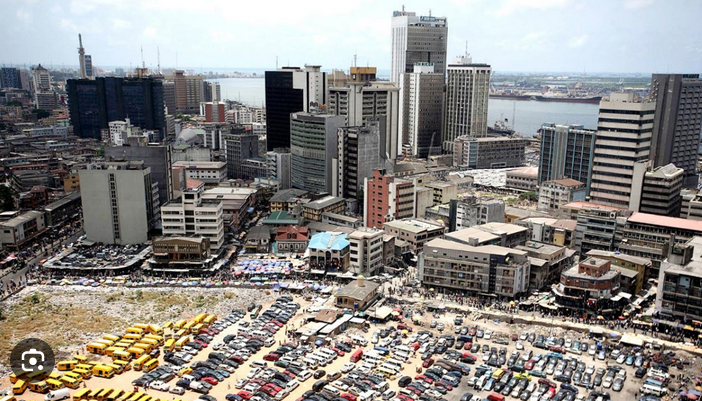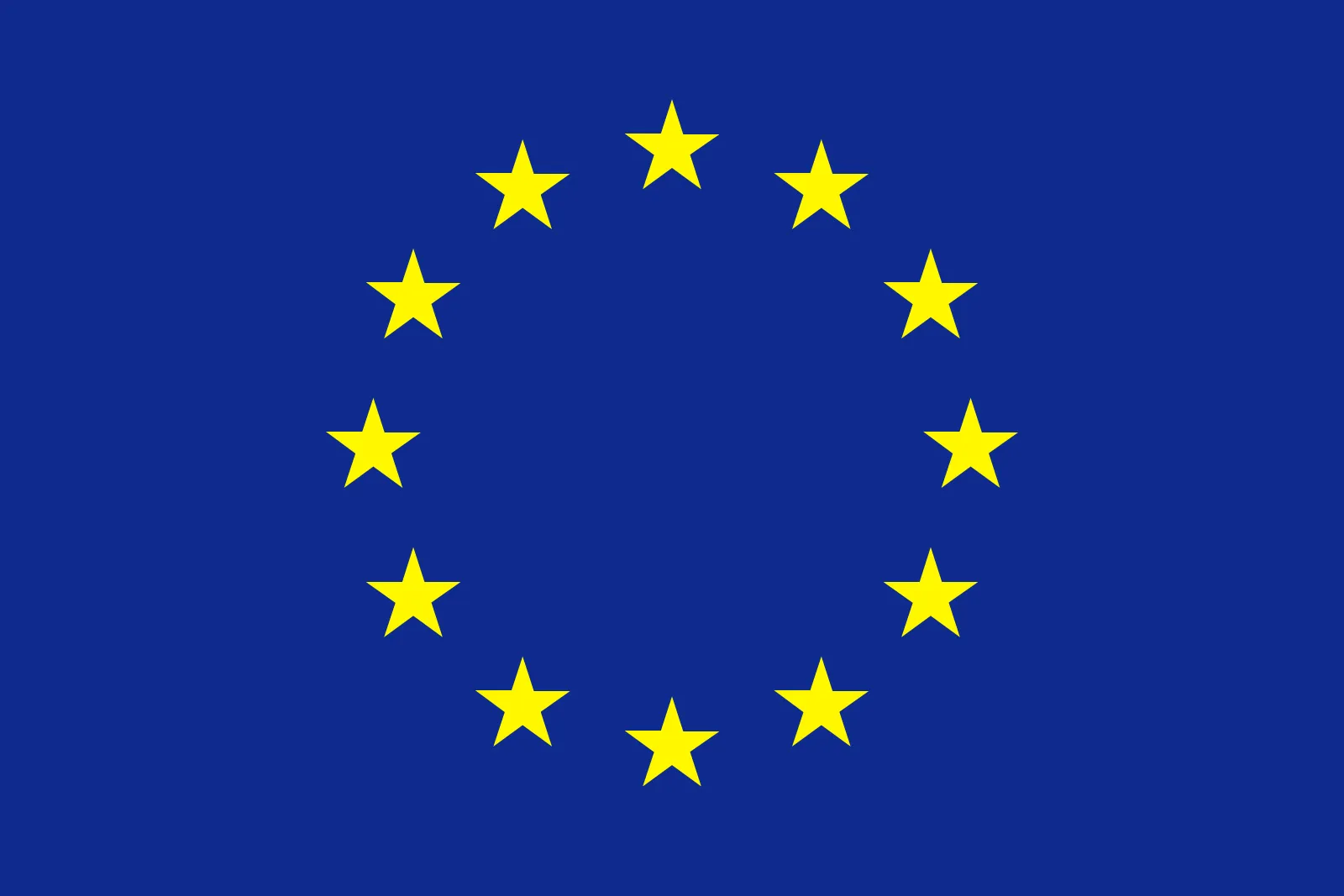Nigeria’s economic climate continues to tighten its grip on businesses across industries, pushing many to their limits. For countless operators, 2024 was more than a turbulent year, it became a fight for survival.
Inflation kept climbing, borrowing costs reached record highs, and the naira’s volatility disrupted even the most seasoned business planners.
Consequently, production lines went silent, warehouses overflowed with unsold goods, and job losses soared as operating expenses spiraled uncontrollably, indicating a struggle for existence
When Even the Strongest Stumble
Not even the most established corporations were spared. Nestlé Nigeria, one of the country’s leading food manufacturers, faced a major setback in 2023 when naira devaluation drove operating costs to unprecedented levels and squeezed profit margins.
Yet, through strategic resilience, the company managed to weather the storm and return to profitability by the final quarter of 2024. Even till this year, 2025, a lot of businesses are still facing diverse challenges amidst scorching economic headwinds.
Nestlé’s Resilient Rebound
Wassim Elhusseini, Managing Director and Chief Executive Officer of Nestlé Nigeria, attributed the company’s recovery to strategic focus and collective determination. “Our recovery reflects our firm dedication to operational excellence and the unwavering support of our team and partners,” he affirmed.
He explained that the turnaround resulted from deliberate, data-driven decisions. “We pursued precise revenue management through pricing and promotional tactics that matched evolving market realities,” he said.
These calculated actions, he noted, strengthened Nestlé’s market position and maintained growth momentum even in uncertain times.
Furthermore, Elhusseini highlighted that relative stability in the foreign exchange market allowed better forecasting and planning.
To cushion against future disruptions, Nestlé expanded its local sourcing initiatives, thereby cutting reliance on foreign currency transactions.
Turning Adversity into Adaptability
Through intentional local procurement programmes, Nestlé reduced exposure to currency fluctuations and enhanced supply chain stability. “We optimised forex liquidity, settled our obligations on time, and minimised volatility risks,” Elhusseini added.
He also praised the “relentless energy” of the marketing and operations teams, whose agility, innovation, and teamwork drove the recovery.
While other corporations scaled down or exited Nigeria due to economic pressures, Nestlé stayed the course—anchoring its strategy on innovation, adaptability, and a strong connection to consumer needs.
A Sector Under Siege
Manufacturers across Nigeria continue to raise the alarm as they struggle through relentless economic pressure. The sector faces a cocktail of challenges soaring inflation, a weakened naira, rising interest rates, high energy costs, dwindling sales, multiple taxation, and growing insecurity.
As a result, several plants have shut down or reduced production, thousands of workers have lost their jobs, and unsold goods worth over ₦1.4 trillion now sit in warehouses. According to Francis Meshioye, President of the Manufacturers Association of Nigeria (MAN), the sector remains “under siege.”
Distressing Figures and a Shrinking Industrial Core
Data from MAN and the National Bureau of Statistics (NBS) paint a worrying picture. The industrial sector’s share of GDP fell from about 27.6 percent in 2010 to roughly 21.1 percent after the 2019 rebasing.
Between 2019 and 2024, manufacturing recorded an average five-year growth rate of -0.76 percent, revealing a contraction in real output.
In the first half of 2024 alone, its contribution to GDP slid from nearly 16 percent at the end of 2023 to below 13 percent. Meshioye described the pattern as “unsustainable,” warning that Nigeria’s economy is tilting dangerously from production toward consumption and informal trade.
The Human and Operational Burden
Beyond data lies a profound human toll. Companies continue to downsize as costs rise and consumer power weakens. “When costs surge, demand collapses; when demand collapses, businesses lose revenue; and when revenue disappears, jobs follow,” Meshioye explained. Shrinking margins have left producers and retailers caught between high costs and low sales—a cycle that keeps eroding employment and productivity.
Enduring Structural Barriers
Several deep-rooted obstacles persist. Frequent power outages, rising diesel prices, multiple taxes, poor logistics, and insecurity continue to erode competitiveness.
Limited foreign investment further restricts industrial expansion, while high interest rates and exchange instability deter new entrants. Despite government interventions, the environment remains far from business-friendly.
Numbers That Reveal the Strain
Performance metrics reinforce this concern. Though the sector has seen slight improvements since 2022, long-term goals remain unmet.
In 2011, manufacturing’s contribution to GDP hovered around 4 percent far below the 15 percent target by 2020 and the 30 percent required for global industrial parity. Over two decades, it has stagnated around 10 percent.
Meanwhile, the Business Confidence Monitor shows cautious optimism. The Current Business Performance Index rose from 107.9 points in September to 111.3 points in October 2024—a 3.4-point increase and a 34.5-point year-on-year gain. However, these figures, largely driven by manufacturing and trade, have yet to offset structural challenges like poor financing access, high energy costs, and insecurity.
Calls for a Homegrown Policy Shift
At the Made in Nigeria Exhibition and the 53rd MAN Annual Meeting, Meshioye urged a renewed industrialisation drive rooted in local sourcing.
He proposed a “Proudly Nigeria Day” to promote domestic products and demanded enforceable laws mandating local procurement with penalties for non-compliance.
Watch Also:MARKETING EDGE ONTV
He also called on both public and private sectors to prioritise Nigerian-made goods to stimulate growth and self-sufficiency.
Where Government and Business Intersect
Recent reforms by President Bola Ahmed Tinubu’s administration have provided some relief by improving foreign exchange liquidity. Sustaining these reforms could reduce costs and stimulate industrial output. Nevertheless, business leaders remain cautious, emphasizing that only consistent, long-term policy direction—not temporary interventions—can restore investor confidence.
Sectoral Dynamics and Macro Trends
According to NBS, Nigeria’s GDP grew by 2.54 percent year-on-year in Q3 2023, up from 2.25 percent in the same period in 2022. Services contributed 52.7 percent of GDP, agriculture grew by 1.3 percent, while industry grew by only 0.46 percent. This imbalance underscores manufacturing’s lagging performance and the urgent need for strategic revitalisation.
The Paradox of Contribution
Despite its struggles, manufacturing remains a major source of fiscal revenue. A KPMG study revealed that the sector contributes about 30 percent of Nigeria’s non-import VAT and 26 percent of company income tax—proof that, even under strain, manufacturing continues to sustain the economy.
Adjusting to a Cautious Marketplace
As consumers tighten their spending, brands are being forced to evolve. Osamede Uwubanmwen, President of the Advertisers Association of Nigeria (ADVAN), noted that “in tough times, only the brands that evolve stay visible.”
Similarly, marketing strategist Munachimso Ibenele urged the government to introduce initiatives that support start-ups in advertising.
Entrepreneur Dapo Oladoye observed that rising media costs push small firms to cut marketing budgets, while logistics expert Olugbenga Ojo reminded SMEs that advertising remains essential for survival.
Fragmentation and Standards in Marketing
Industry voices have raised concern about the fragmented nature of experiential marketing. Victor Afolabi of GDM Group called for stricter entry barriers and quality benchmarks.
FMCG and the Price-Volume Dilemma
Fast-moving consumer goods (FMCG) companies continue to juggle between maintaining volumes and adjusting prices. Boma Harrison of Rite Foods explained that while value sales rose in some categories, actual volumes declined.
She noted that manufacturers are recalibrating pricing strategies to balance affordability with profitability. Non-alcoholic beverages, she added, have shown modest recovery thanks to product innovation, though stability in the macroeconomic environment remains key to sustained progress.
Rebuilding Confidence Through Leadership
Restoring consumer confidence has become a shared objective. Otunba Bimbo Ashiru of Odu’a Investment Company stressed that price stability drives trust and optimism. He linked consumer confidence to currency stability, logistics efficiency, and fair tariffs, urging consistent government action to foster predictability.
Cautious Optimism Takes Hold
Despite ongoing challenges, measured optimism is emerging. The Business Confidence Monitor reports that while services remain constrained by costs, manufacturing and trade show improved sentiment. Respondents attribute this to steadier exchange rates, policy reforms, and rising seasonal demand.
The Urgent Need for Action
Manufacturers continue to demand targeted and sustained policy interventions. They call for infrastructure upgrades, affordable credit, stable exchange rates, and strict enforcement of local procurement laws. Above all, they emphasize the need for consistent governance to restore investor faith and unlock industrial growth.
The Verdict
Nigeria stands at a critical crossroads. With a population exceeding 200 million, its market potential remains vast. Yet, without coherent policies, consistent implementation, and strong public-private collaboration, that promise could fade. If both government and industry align in purpose, investing in infrastructure, stabilising policies, and supporting local enterprise, the manufacturing sector could once again drive national prosperity.
For now, operators persist, innovate, and appeal for partnership. Whether Nigeria’s economy revives or declines depends squarely on how swiftly all stakeholders act.
WATCH MARKETING EDGE ONTV






Comment
No comments found.